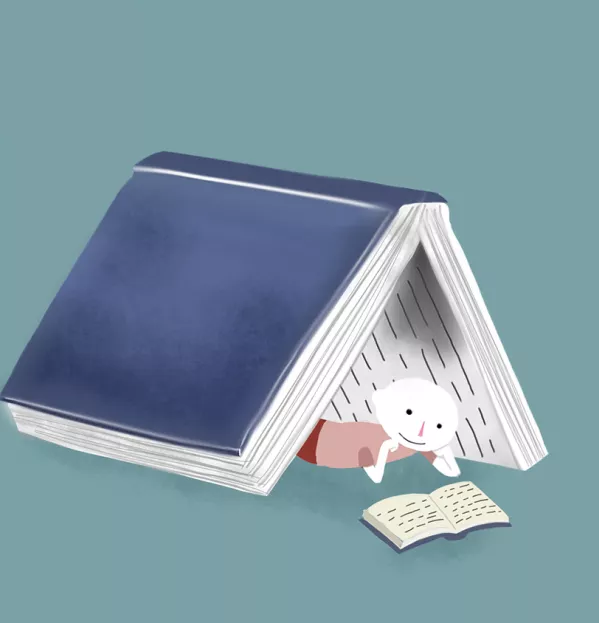I recently came across a school’s reading list from the 1980s, which had been taped to the inside cover of an old textbook. Then, 15-year-olds were expected to read five novels during the school year and two in the holidays.
I fear most pupils now go through school without reading a single novel. English exam courses allow a choice of genres, with poetry and short stories by far the favourite options. If a novel is studied then it is quite often short, such as Of Mice and Men by John Steinbeck or George Orwell’s Animal Farm.
Books have, for many teenagers, become too time-consuming or uncool to fit into their hectic schedules. One pupil told me he would be embarrassed to be seen reading a book, and several surveys indicate that older teenagers are so preoccupied with their exam courses that they don’t have time to read for pleasure.
It’s a great shame because young people miss so much from not escaping into the world of fiction, where they can encounter a wealth of experiences and learn more about life’s possibilities. “Reading awakens, enlightens, empowers and transforms,” I remember my teacher telling my Higher English class.
Great stories also help readers understand other people’s lives and gain insight to their feelings. Literature teaches about tolerance and open-mindedness and, generally, makes us nicer people. Reading Harry Potter, a recent study concluded, improves attitudes towards stigmatised groups.
Some schools, fortunately, continue to prescribe meaningful novels for their pupils. One particularly effective English teacher uses a book club format in which her class are asked to read and discuss a novel. I remember one former pupil saying that doing this with Toni Morrison’s Beloved, a book about slavery, was the most memorable and effective learning experience from his six years of secondary schooling. “The story,” he said, “remained with me while all the other stuff I learned dissipated not long after sitting my exams.”
The decline of teenage reading is reflected in Scotland’s poor literacy scores in international tests and comparisons. The reading skills of young Scots, once among the world’s most impressive, are now inferior to those of most European nations.
Yet there is ample opportunity in the secondary curriculum for more reading. The broad general education provided during the first three years of secondary could, quite easily, include at least one prescribed novel a year. And National 5 and Higher English courses could include a mandatory novel, to be read during the summer break.
Reading clear and imaginative prose is the most effective way of helping pupils improve composition skills and writing abilities. Young people who read novels generally do better in school - which is why I would make reading novels a requirement for all our pupils.
John Greenlees is a secondary teacher in Scotland
